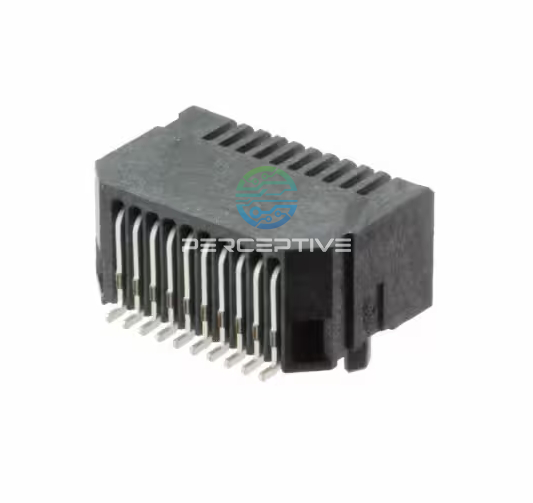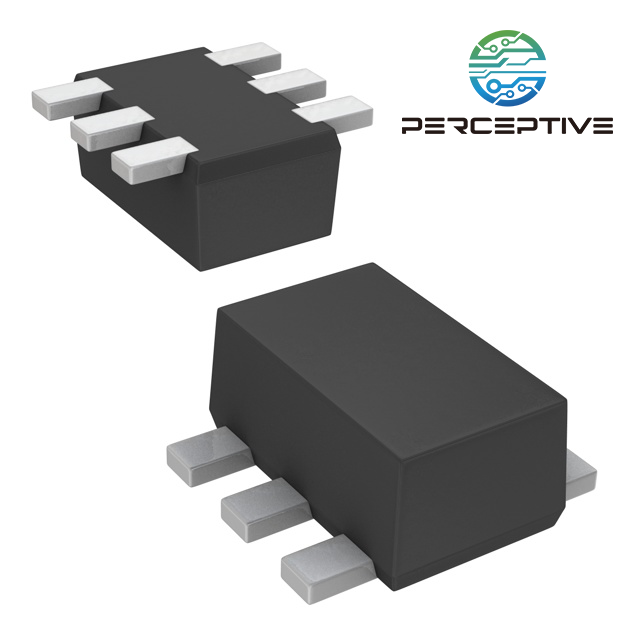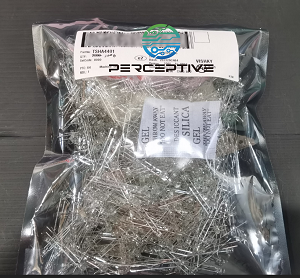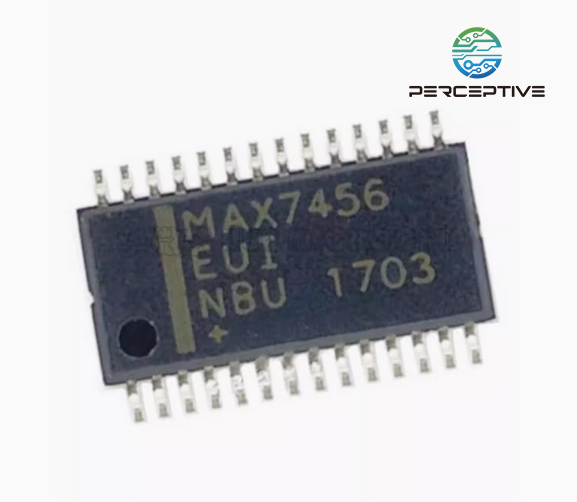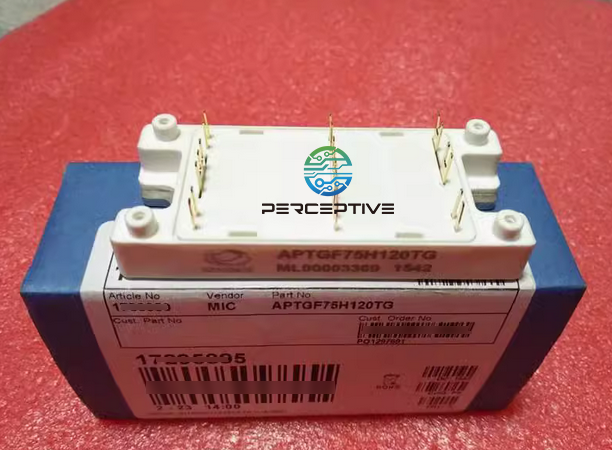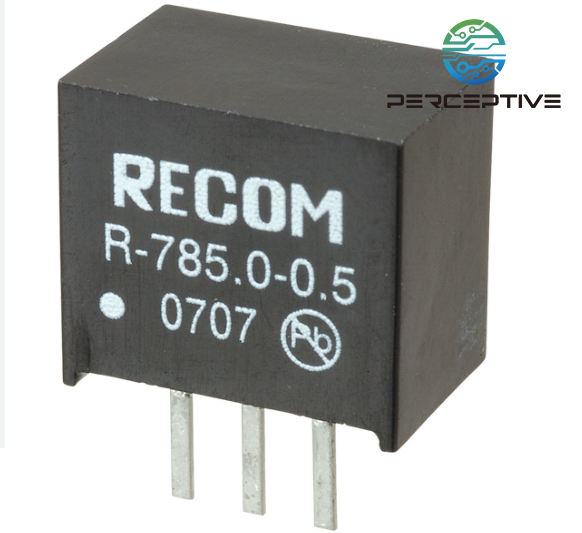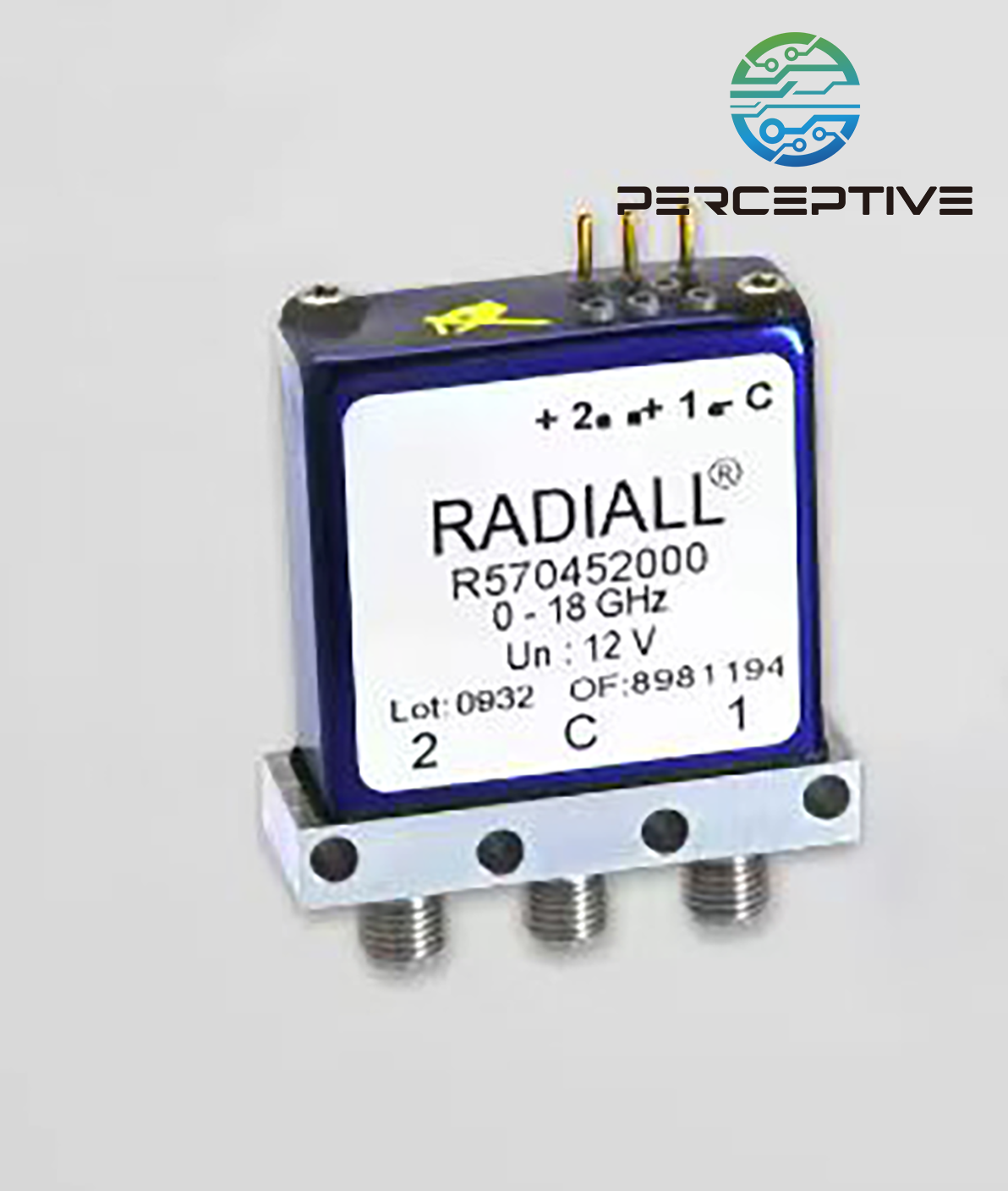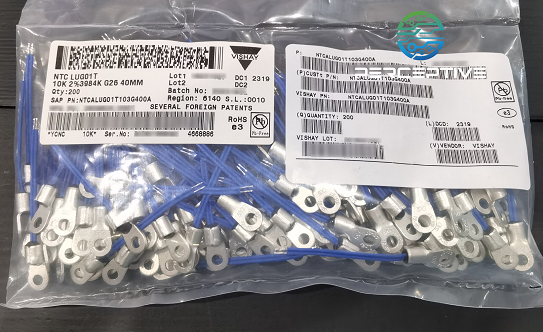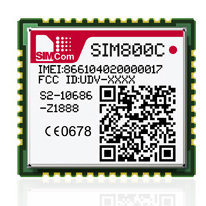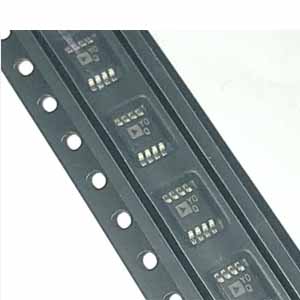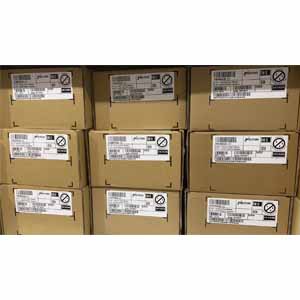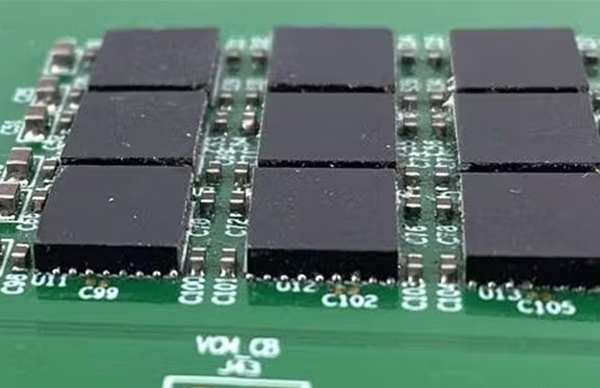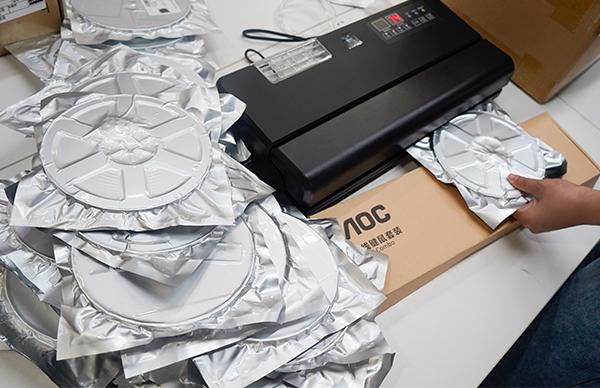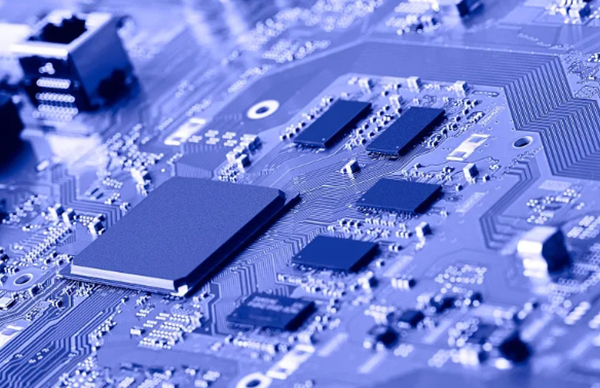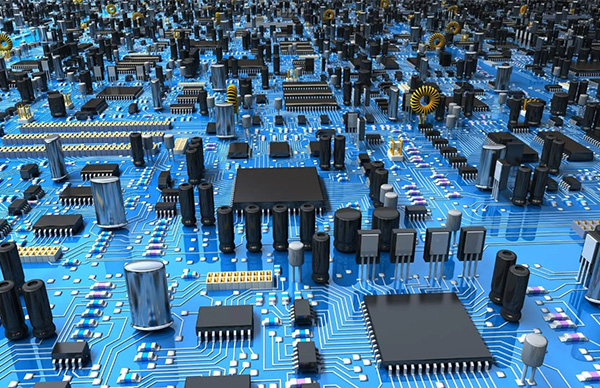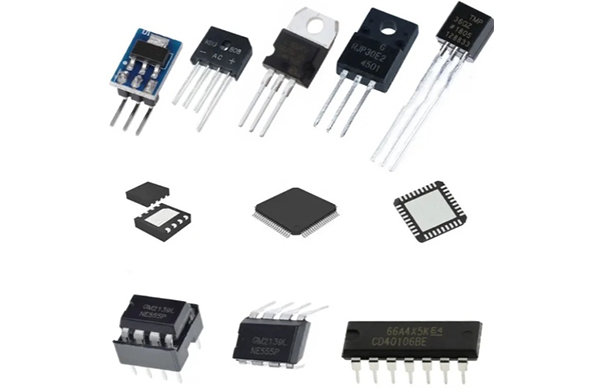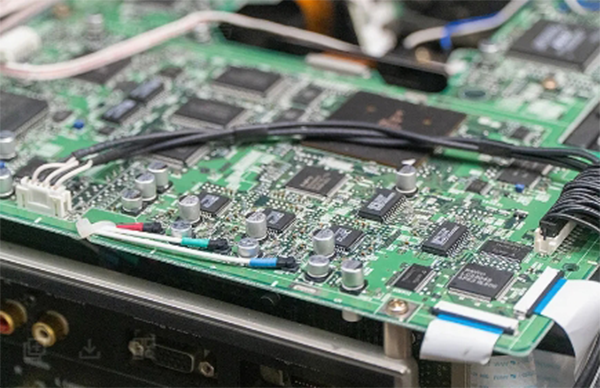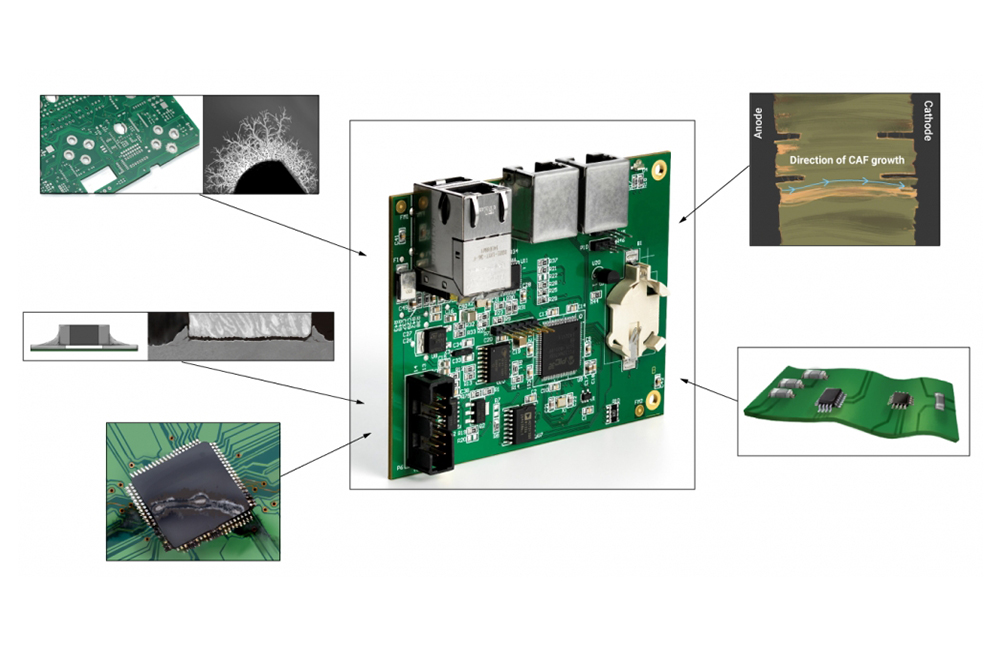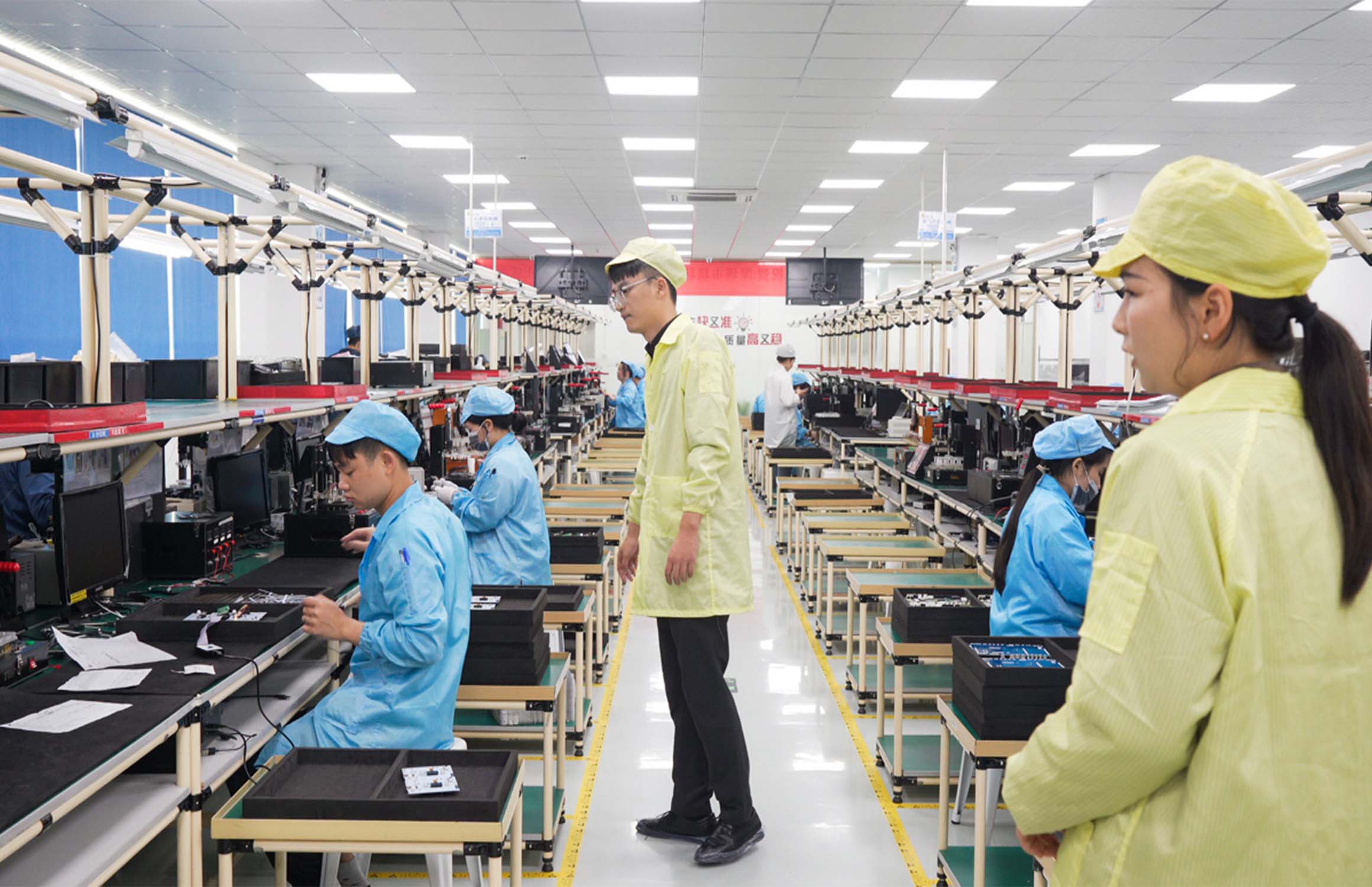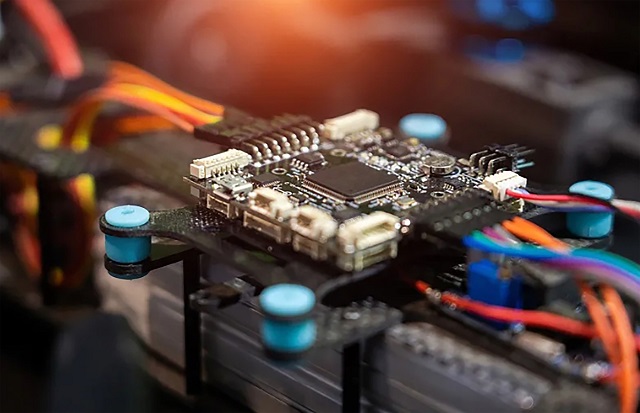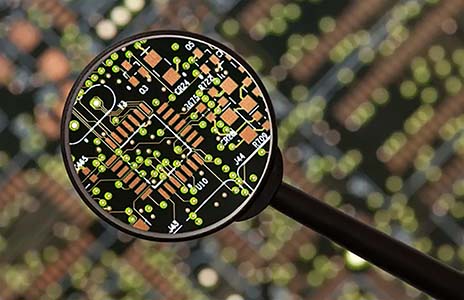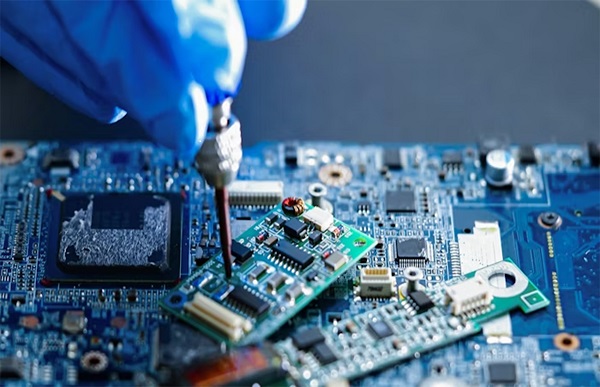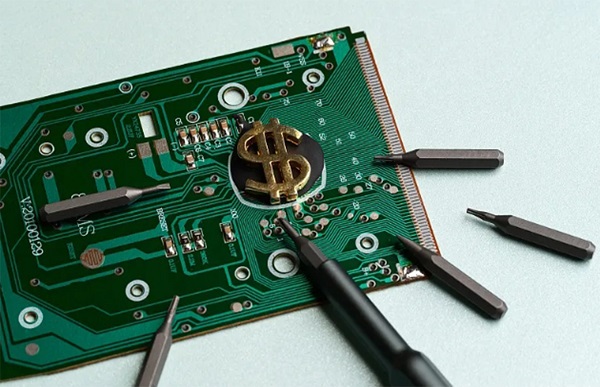The chip includes a range of hardware accelerators for secure networking, baseband processors, and programmable DSP cores, ideal for 5G networks that offer far faster data transfers than 4G technology.
5G Advantages
Increased data volume: Without any performance impact, a transaction involving massive devices and people, sending/receiving large files across a wireless connection must be done smoothly and quickly. With 5G, it is expected to increase by 1000 times the current volume.
Low latency: Transit time will be reduced to one fifth. The low-latency requirement of as little as 1ms (in a few cases) end-to-end round trips is intended to enable real-time control applications to run across the 5G network. A few have identified a round trip of 5ms as a goal.
Faster data transfer speed: Every new generation of wireless networks has been characterized by improved bandwidth. The goal of 5G is to support 1-10 Gbps connections to endpoints in the field and 10-100 times higher speeds are estimated as of now.
More devices: 10-100 times more connected devices. 5G intends to increase the number of supported devices in a specific area by a factor of 10 to 100 times, thereby enabling IoT.
Energy efficiency: Battery lives will be extended by a factor of 10. 5G aims at reducing the core network consumption by 90%
High availability: The ideal goal of 5G is to create the perception of five-nines availability, achieved through distributed loads and redundancy.
100% coverage: The ability to provide good coverage in all areas is another ideal goal of 5G. This is also aimed at areas not falling under the preset ideal conditions.
Rapid service deployment: One goal is to meet all the challenges research teams are stuck at. Rapidly reducing the time it takes to deploy 5G network connections, using self-organizing network technology is another.
5G Application Areas
Enhanced Mobile Broadband (eMBB)
Massive Machine Type Communication (mMTC)
Ultra-Reliable and Low Latency Communications (URLLC)
These major areas further divide into sub-areas such as healthcare, consumer electronics, smart home, retail, VR, wearable devices, automotive, smart city, etc.
Qualcomm, Huawei, Intel, MediaTek, and Samsung Electronics are among the leading manufacturers of 5G chipsets in the world.
Qualcomm is the most successful company in the 5G chipset market. It’s 5G chipset family has more than 10 processors for devices like smartphones, laptops, wearables, etc.
If you have any other questions on 5G chip or if you are looking for some 5G chip from distributor,Let’s have a chat?

